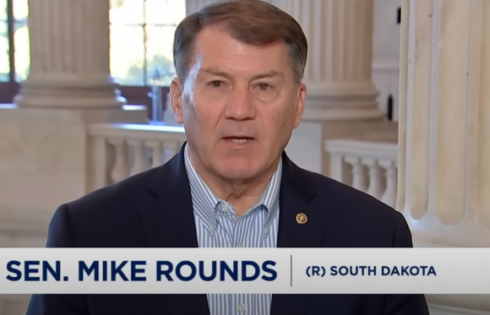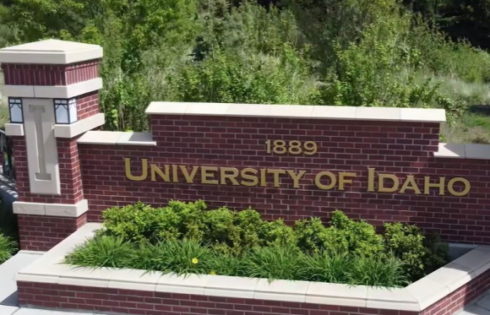Journalists are rightfully quick to praise free expression, writes Hans Bader at Minding the Campus—but when it comes to conservative academics, the praise is a bit more qualified.
“Left-leaning journalists like Margaret Carlson are angry that the Wisconsin Supreme Court ruled in favor of a conservative professor whose academic freedom rights were violated by Marquette University,” says Bader, a senior attorney at the Competitive Enterprise Institute and a former lawyer in the Department of Education’s Office for Civil Rights. “It effectively fired him for a blog post that criticized an instructor for trying to squelch criticism of same-sex marriage. Critics of the court’s decision cite the fact that members of the public sent nasty emails to the instructor after Professor John McAdams posted his blog post.” (The College Fix has covered that case here.)
But, as Bader points out, “you don’t lose your right to free speech because other people are nasty.” One doesn’t lose one’s right to free speech even if others abuse theirs by sending unpleasant or threatening messages, he says.
McAdams’s blog post, Bader writes, did not even come close to satisfying the Supreme Court’s standards for falling outside of the First Amendment; that standard holds that only speech that is “intended to incite a violation of the law that is both imminent and likely” can be censored by government. “There is not a shred of evidence that Professor McAdams intended to cause any violence through his blog post,” Bader says. “And his employment contract guaranteed him a right to academic freedom, which protected his free speech rights in this context.”
Bader notes that, when the tables are turned, nobody has suggested that journalists should have their First Amendment rights curtailed:
When the Center for Individual Rights filed a lawsuit over the University of Michigan’s undergraduate admissions policy, which was later declared unconstitutional by the Supreme Court in a 6-to-3 vote, it received at least 500 threatening emails. Although it proved unlawful racial discrimination against white and Asian applicants in Gratz v. Bollinger, CIR and its clients were the subject of unremitting negative press coverage, such as a vitriolic personal attack on the lead plaintiff, Jennifer Gratz, by the Washington Post’s Colbert King. Not surprisingly, such press coverage led to threats, but no one has ever suggested that journalists’ free speech and free press rights should have been curbed to prevent such threats.
“Yet left-wing journalists have the chutzpah to claim that McAdams should have been punished for his free speech simply because readers of his blog post allegedly sent threatening messages to the instructor he criticized,” Bader writes. “If that standard were applied to their own press coverage, they could be punished for writing op-eds and news articles about people who are later threatened by members of the public, and their own stories and editorials could be censored to prevent threats.”
Like The College Fix on Facebook / Follow us on Twitter




Add to the Discussion